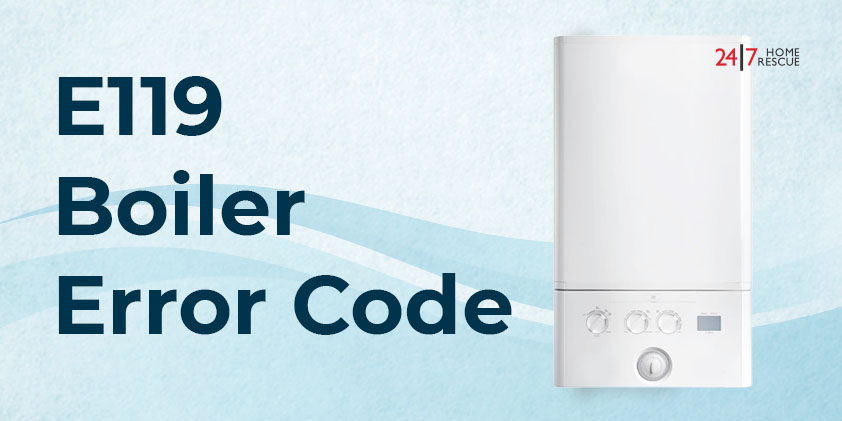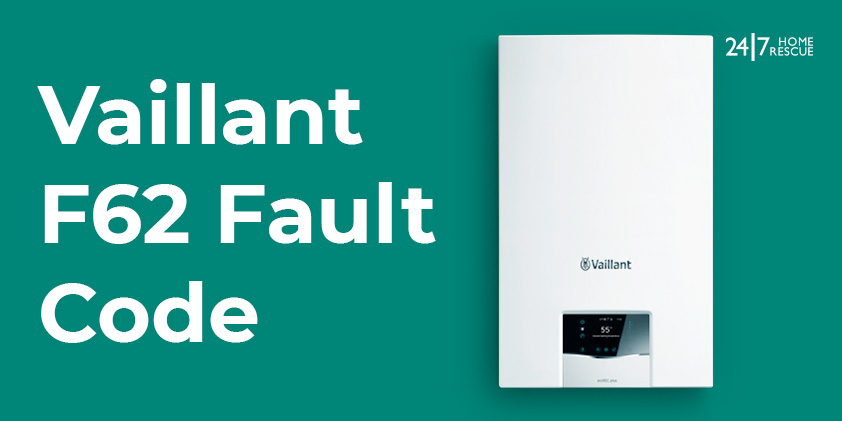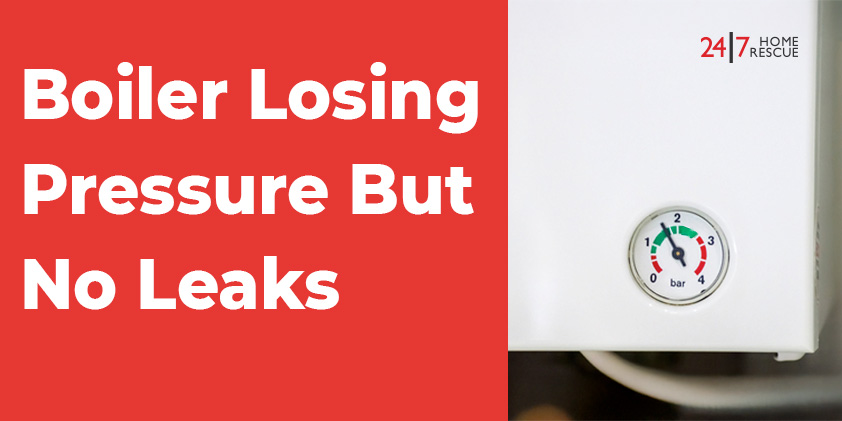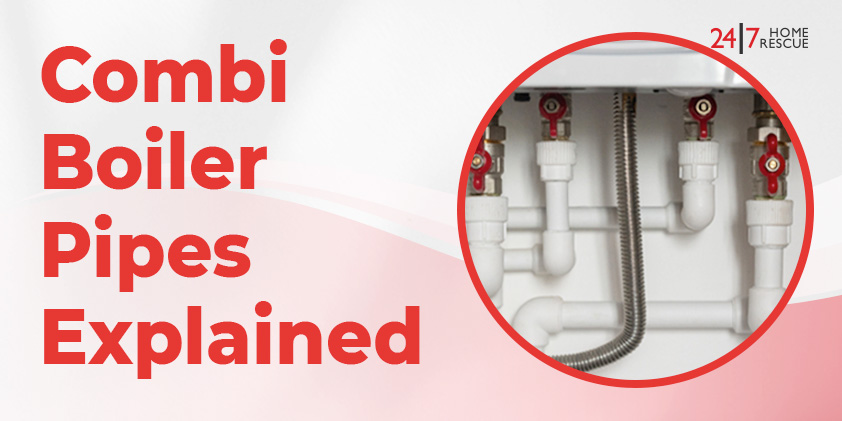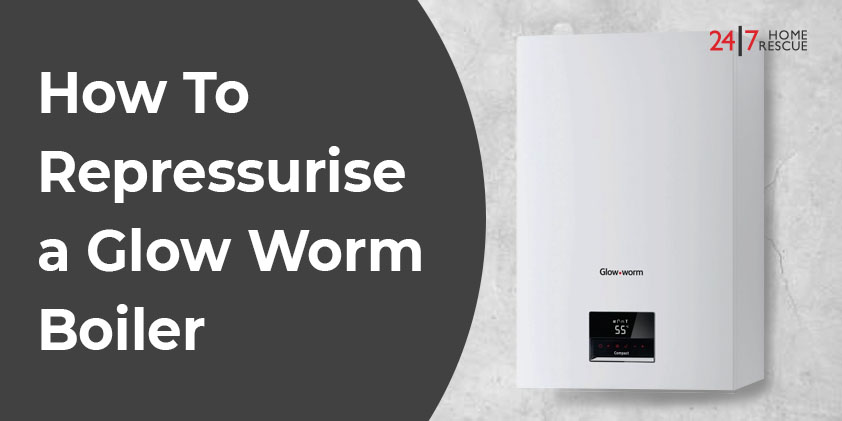
Do I Need a Gas Safety Certificate When Renting or Selling My Property?
If you’re a landlord or homeowner trying to navigate the complexities of gas safety regulations, you’re certainly not alone in your concerns. A gas safety certificate is crucial in several situations, particularly when renting your property to new tenants or selling your home.
Understanding when this certificate is required is essential not only for compliance with legal obligations but also for ensuring the safety of your tenants and family. Regular gas safety inspections by a qualified gas engineer can help you identify potential hazards, ultimately protecting you from hefty fines and legal complications.
Being informed about your responsibilities regarding gas safety fosters trust and security for those living in your space.
Understanding Gas Safety Certificate Requirements for Landlords
As a responsible landlord, it is essential to prioritize the safety of your tenants, especially when it comes to gas appliances and installations within your rental properties. By law, you are required to obtain a Gas Safety Certificate (also known as a CP12) from a Gas Safe registered engineer on an annual basis. This vital certificate serves as proof that all gas appliances, piping, and flues in your property have been thoroughly assessed for safety and comply with relevant standards.
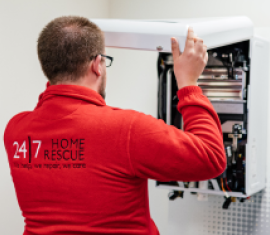
CP12 Certificate
Ensure compliance with a CP12 certificate inspected by Gas Safe engineers. Get our Landlord Boiler Cover, including a CP12 certificate.
When is a New Gas Safety Certificate Necessary?
When welcoming a new tenant into your property, it’s crucial to secure a new Gas Safety Certificate, even if your existing certificate is still valid. Each new tenancy presents a fresh opportunity to ensure that the gas systems are safe and properly functioning. Additionally, if you have installed a new boiler or any other gas appliance, obtaining a new Gas Safety Certificate is a must. This certification will confirm that the newly installed equipment has been correctly inspected and meets all safety requirements.
To summarize, a Gas Safety Certificate is required in the following scenarios:
- Before new tenants take residence in the rental property
- For ongoing tenancies, certificates are required to be renewed annually to maintain compliance
- When installing new boilers or additional gas appliances, ensure their safety and appropriate installation checks
By adhering to these guidelines, you will not only fulfill your legal obligations but also contribute to creating a safe and comfortable living environment for your tenants.
General Gas Safety Check vs. Certificate Inspection
Both types of inspections involve a qualified engineer assessing the safety and functionality of gas appliances. However, it’s essential to note that only a certified inspection will provide a valid Gas Safety Certificate, which is required for legal compliance.
A general inspection is an option that can be carried out between tenants for peace of mind, ensuring that the appliances are in working order and safe for use. However, this general inspection does not replace the need for the official certificate.
The Gas Safety Certificate is a mandatory document that must be renewed annually to ensure ongoing safety and compliance. If you find yourself in a situation where your tenant is moving in just as your current certificate is nearing its expiration, there’s good news: you only need to arrange for one inspection. Renewing your Gas Safety Certificate will simultaneously meet the requirements for your incoming tenant, thereby simplifying the process for you.
Do Homeowners Need a Gas Safety Certificate to Sell a House?
Suppose you are a homeowner preparing to sell your property. In that case, it’s essential to know that you are not legally obligated to provide a gas safety certificate at the time of sale. However, there are several reasons why obtaining one may be beneficial:
Buyer Assurance
Potential buyers or their solicitors may request a gas safety certificate during the sales process. Having this document readily available can ease any concerns they might have and increase their confidence in your property.
Enhanced Marketability
A recent gas safety certificate can serve as a testament to the safety and maintenance of your home’s gas appliances, making your property more attractive to prospective buyers.
Lender Requirements
If you are considering remortgaging your home, your lender may require a Gas Safety Certificate to ensure that the property’s gas systems are safe and compliant with current regulations.
Does the Gas Safety Certificate Stay with the Property?
Indeed, a gas safety certificate is tied to the property itself rather than to the owner. If you are in the process of selling your home and possess a valid gas safety certificate, it is advisable to pass this certificate on to the new buyers. This practice not only demonstrates your transparency as a seller but also helps maintain the safety standards of the home for the new occupants.
Conclusion
Whether you are a landlord or a homeowner, you are now informed about the necessity of obtaining a Gas Safety Certificate. Should you require a CP12 certificate, landlord boiler cover, home emergency cover, or boiler insurance, we are here to assist you. For further assistance, please contact us at 0345 0774 177.
At 24|7 Home Rescue, we aim to keep our blogs accurate and helpful at the time of publication. However, details such as images, services, or product information may change. Content is for general information only and not professional advice. For the latest updates, please review our Terms & Conditions or contact us directly. 24|7 Home Rescue accepts no liability for actions based on outdated or incomplete content. Our team is always happy to help with any questions.
